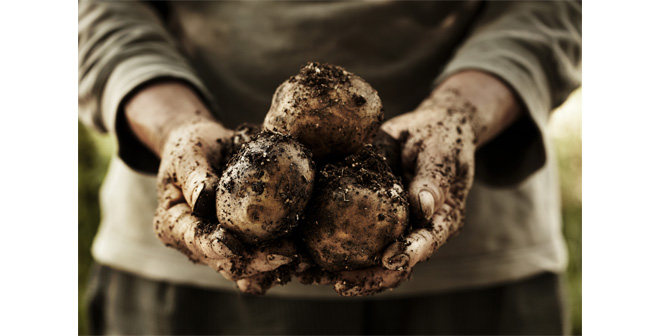
CDEnviro - When it comes to washing, grading and packing a variety of fresh vegetables for supply to the wholesale, retail and catering trades around the UK, having to stop the process multiple times every day can have a significant effect on productivity and profit levels.
The nature of the process where vegetables need to be washed to remove a range of impurities, including dirt, soil and other organic matter, means that stop and start interference can be a common problem. The water quickly becomes contaminated and must either be recycled or replaced with fresh liquid to continue the washing process.
Potable water for the wash process is typically held in storage tanks. This water flows around at 30m3/hr which means that after an hour the wash water is contaminated with impurities, and will quickly become too dirty to continue operating. The plant then has to be taken offline while the water in the system is replaced with fresh water.
There is an alternative though, CDEnviro has recently installed a solids recovery plant at a midlands based food production facility to reduce decanter wear and lagoon loading, and increase the volume of recycled wash water.
The CDEnviro system has brought significant improvements to the site. The washing process has been streamlined and recycles the wash water on a continuous basis (rather than the previous batch system). It no longer requires the provision of potable water, or the plant to go offline when the potable water for the system needs to be topped up. Disposal costs for solids and the associated transport costs have been eliminated and there is a suitable feed stock for the anaerobic digester.
The system integrates a solids recovery system and fines thickener within the existing equipment. This allows for a consistent flow process, meaning the wash water used to prepare the vegetable is recycled immediately after the washing phase.
The system allows for two solid particle streams to be recovered:
1. Small potatoes and organic matter – which can be used in anaerobic digestion
2. Fine sand and grit – which can be used in low grade reuse applications
The remaining silt fines are thickened into a sludge which is easily processed by the existing GEA decanter centrifuge on site. The recycled water is then stored in the existing tanks onsite and reused within the vegetable washing process.
Philip McGlade, Senior Technical Engineer at CDEnviro, said: “The significant process improvements demonstrate the capability and flexibility of CDEnviro technology. Most importantly, the quality of the washed product is now at the highest level which maintains the clients’ reputation for supplying quality products.”
Thanks to this fresh approach to the process from CDEnviro, the processing company can reduce downtime and provide a more reliable service to its many customers.